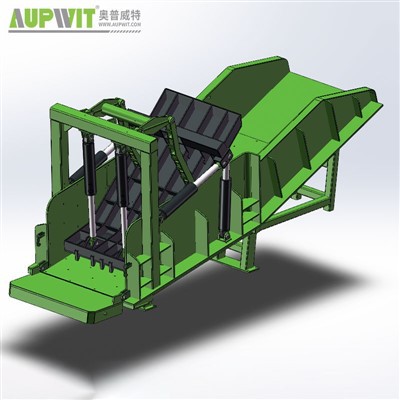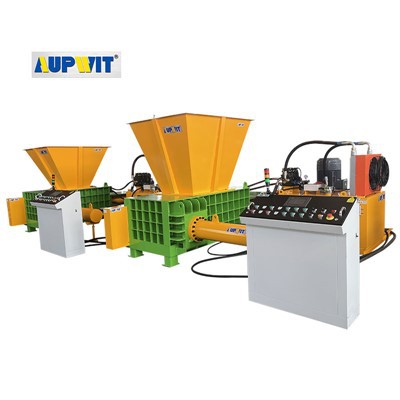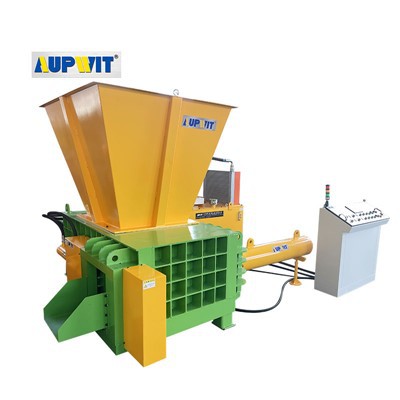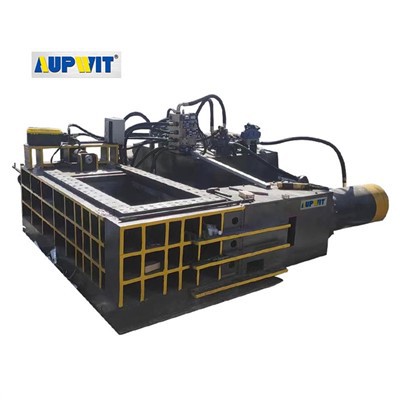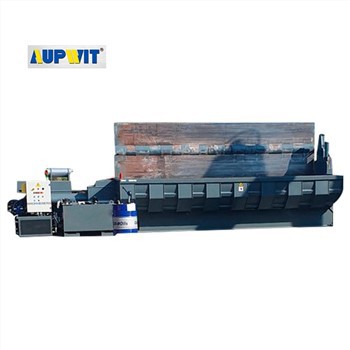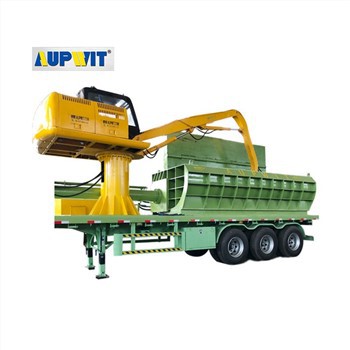Equipment Failure Analysis Report
1. Power System Abnormalities
- Hydraulic systems are prone to insufficient or fluctuating pressure, manifesting as weakened compression force and loosened compression blocks.
- This can be caused by hydraulic pump wear (resulting in insufficient oil supply) or hydraulic oil contamination/pipe blockage (causing pressure loss).
- Aging and damage to cylinder seals can cause oil leakage, reducing power output and potentially polluting the operating environment.
- Unusual noises, overheating, or difficulty starting the motor often indicate bearing wear, winding aging, or unstable voltage.
2. Compression Mechanism Stuck
- If the compression plate becomes stuck or stalled, this is often due to insufficient lubrication of the guide rails (increased friction) or metal debris in the guide rails (causing scratches).
- Loose or deformed wear-resistant linings on the inner wall of the compression chamber can hinder plate movement and cause abnormal vibration.
- Hard foreign matter mixed with the material can cause uneven force on the compression plate, leading to deformation and jamming.
- Severe cases may damage drive components.
3. Transmission and Strapping Failures
- Poor transmission chain/gear engagement causes abnormal noises and reduced power transmission efficiency (loose chains, worn gears, or lubrication failure).
- Common strapping failures: poor feed, loose knots, or abnormal strap cutting (worn feed pulleys, malfunctioning tension adjustment, or blunt/misaligned cutters).
- Delayed coordination between strapping and compression mechanisms can cause unbound bundles to be ejected, impacting operational continuity.
4. Control System Failures
- Sensor failure can lead to equipment misjudging operating status (inaccurate feed level detection causing overload or insufficient feed).
- Unresponsive control panel buttons and flashing indicator lights may indicate poor wiring, relay failure, or program errors.
- Automated process interruptions (failure to initiate strapping after compression) are often due to signal transmission failures.
- Check wiring terminals and control module operating status.


